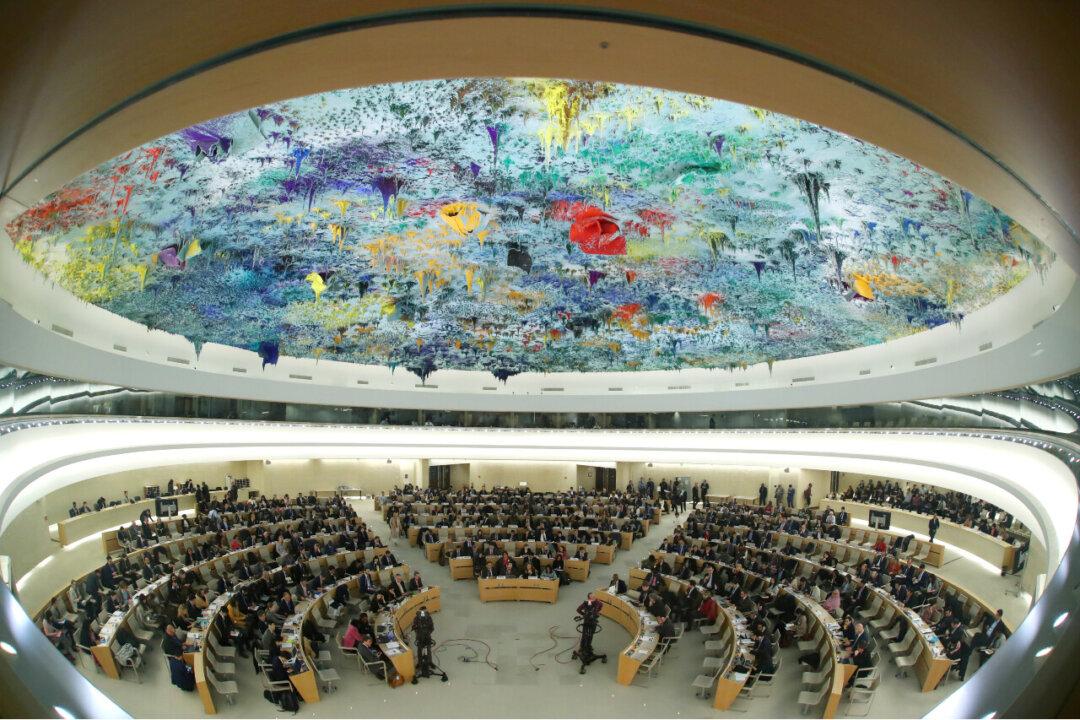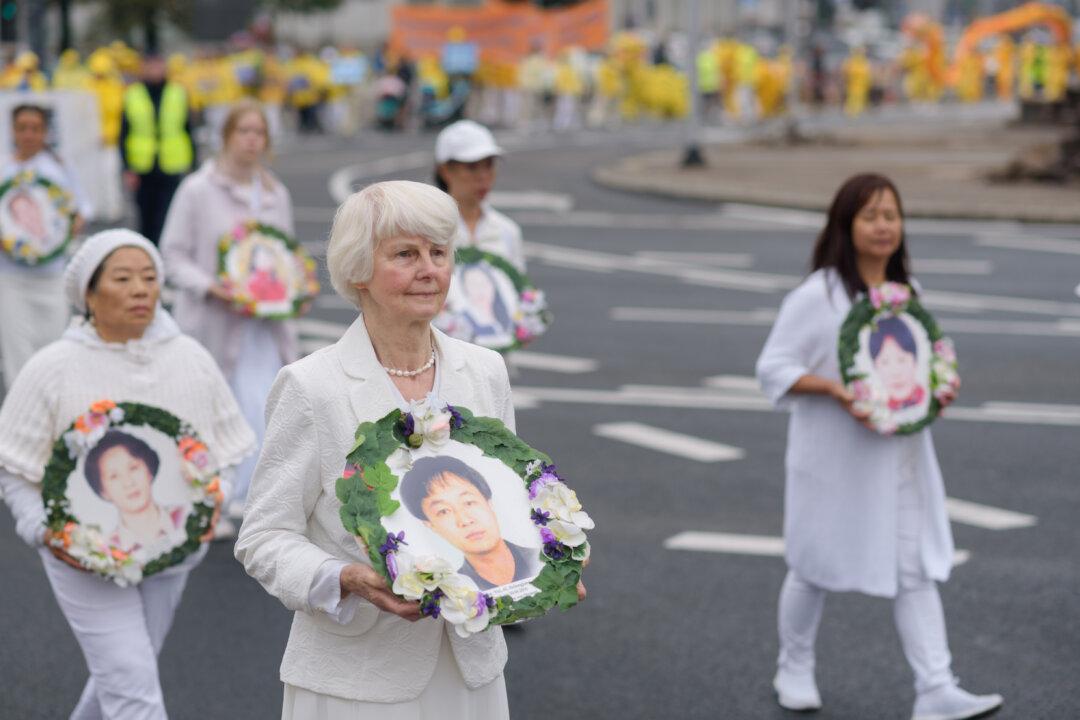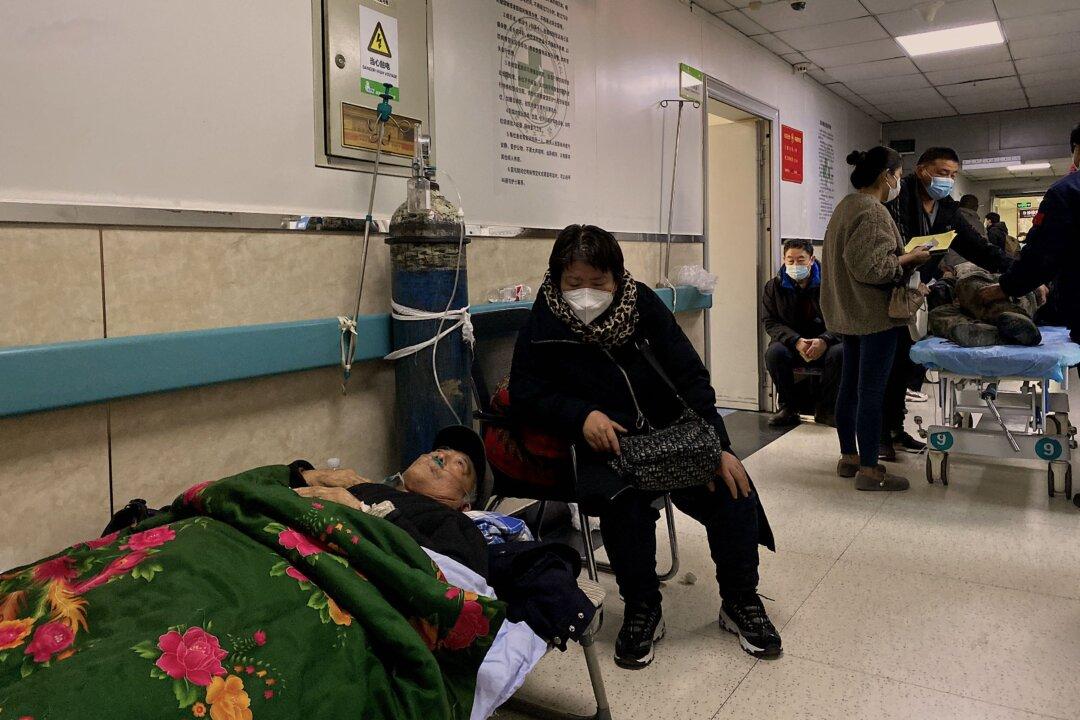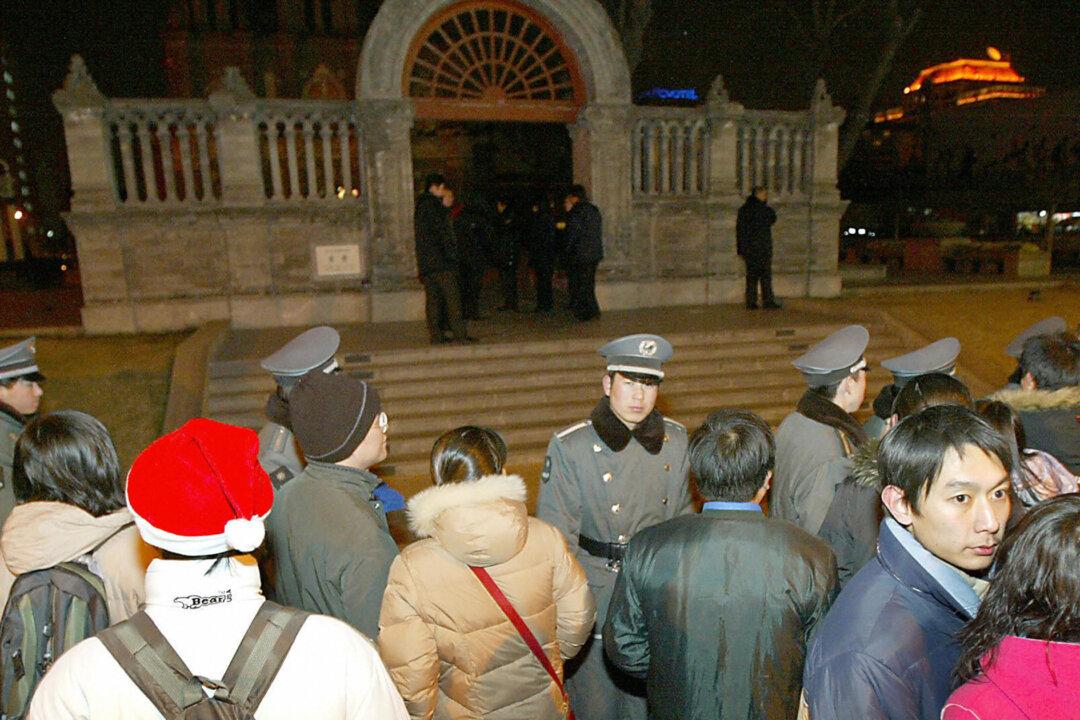For over 70 years, the Universal Declaration of Human Rights has been the de facto standard of human rights for nations around the world. But the Chinese regime, in the pursuit of global dominance, is working hard to redefine human rights through the United Nations Human Rights Council (UNHRC), said a French military think tank in a recent report.
The 650-page report on the Chinese regime’s global influence provided a comprehensive mapping of Beijing’s tactics, including how the regime “paralyzed the UNHRC.” Tactics include side stepping human rights for economic development, planting Chinese officials in positions of power, and denying the regime’s ongoing persecution of religious believers.




